Reject CAA
Augmented Reality, Digital ProtestIn December 2019, the Citizenship Amendment Act (CAA) was passed by the Parliament of India. The law provided a pathway to citizenship for refugees from several countries and religions, except for Muslims from Muslim-majority countries. This was highly problematic as religion was overtly used as a criterion for citizenship, which violates the secular fabric of the constitution. The CAA, coupled with the National Registry of Citizenship (NRC), would require citizens to produce documents to validate their claims to citizenship. Those without documents could be declared illegal immigrants.
This led to countrywide protests against the CAA + NRC, followed by a heavy-handed response by the government to suppress dissent. Protesters were met with violent lathi charges, water cannons, and tear gas, with several students, activists, and protesters arrested, many under the anti-terror UAPA laws.
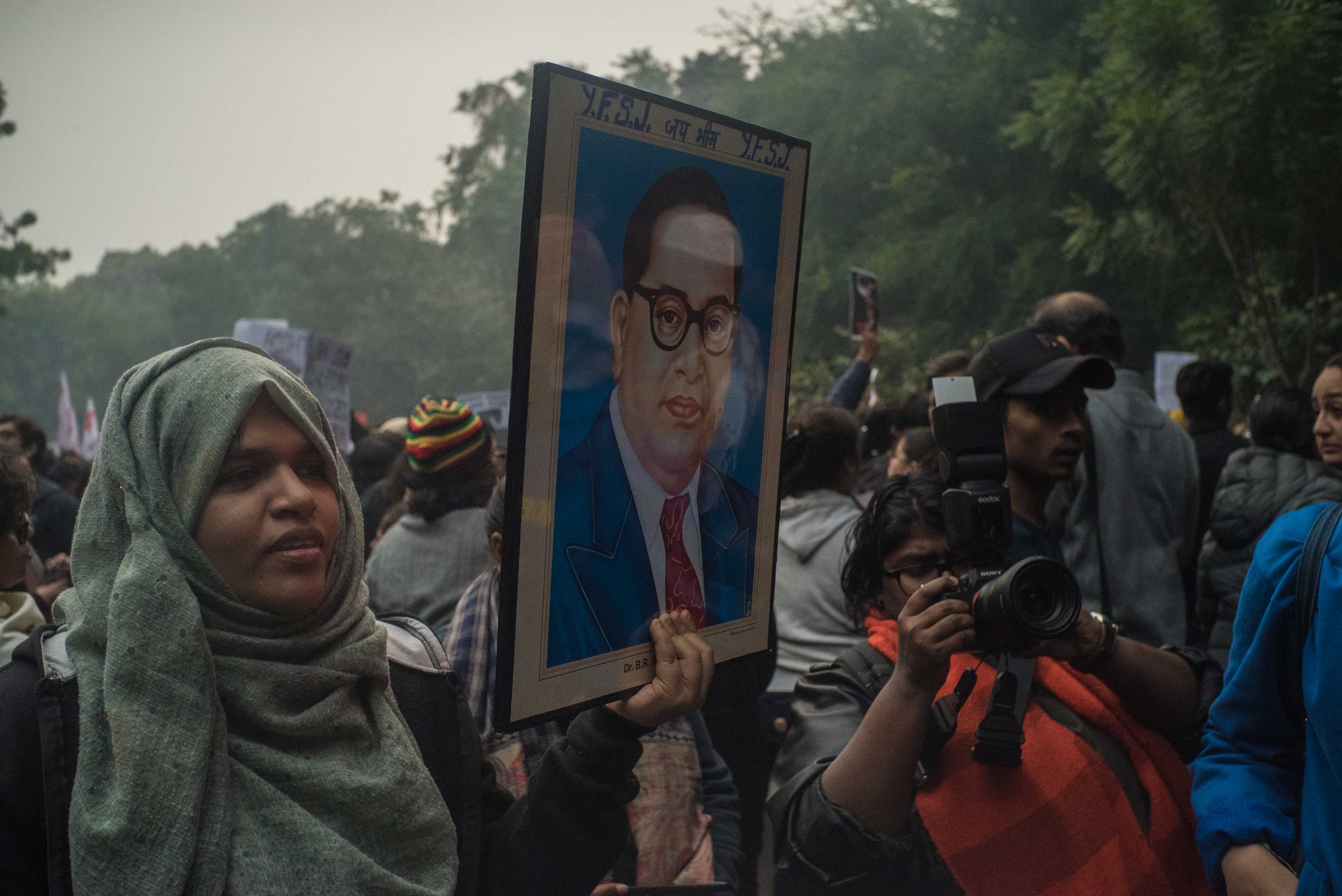


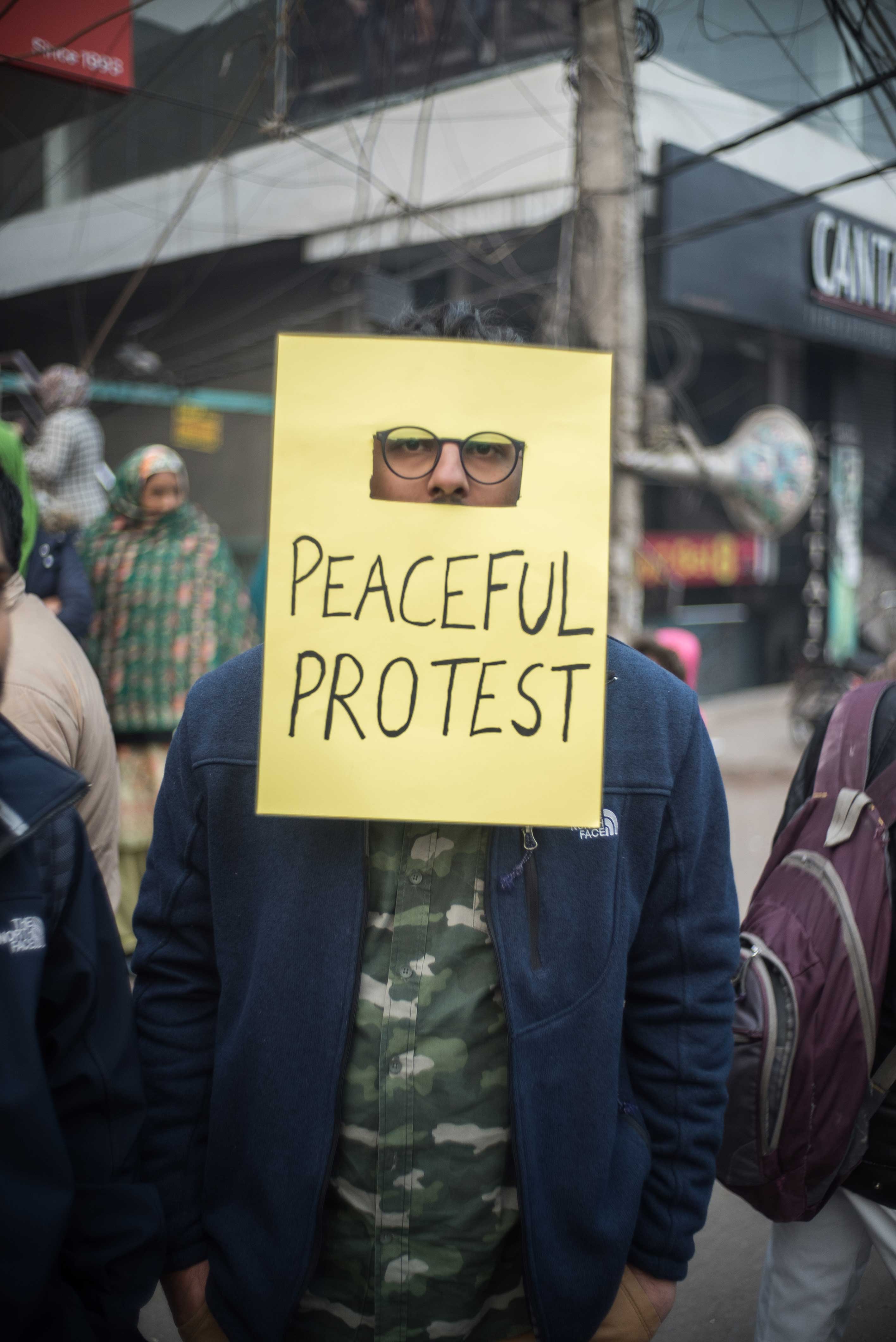
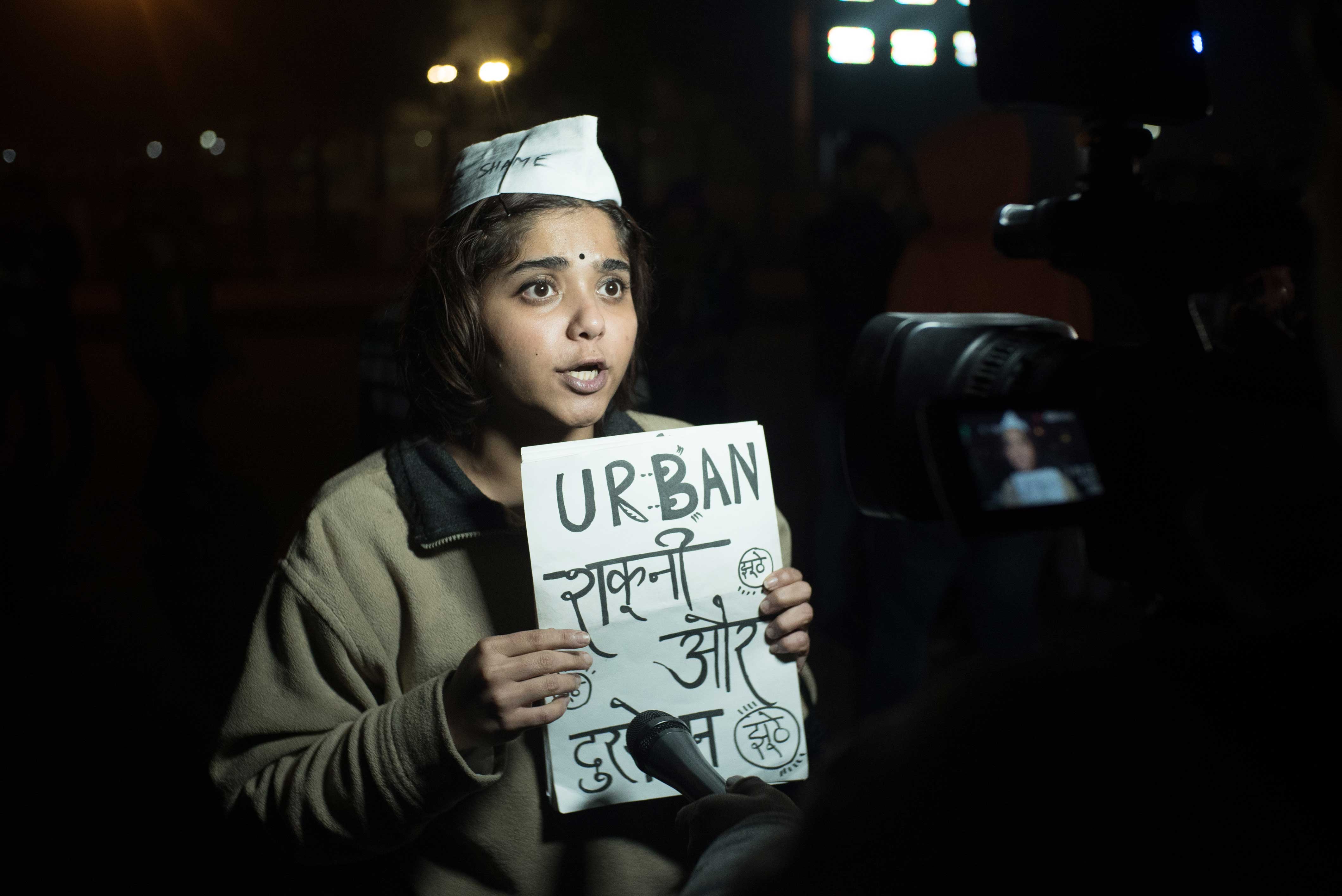
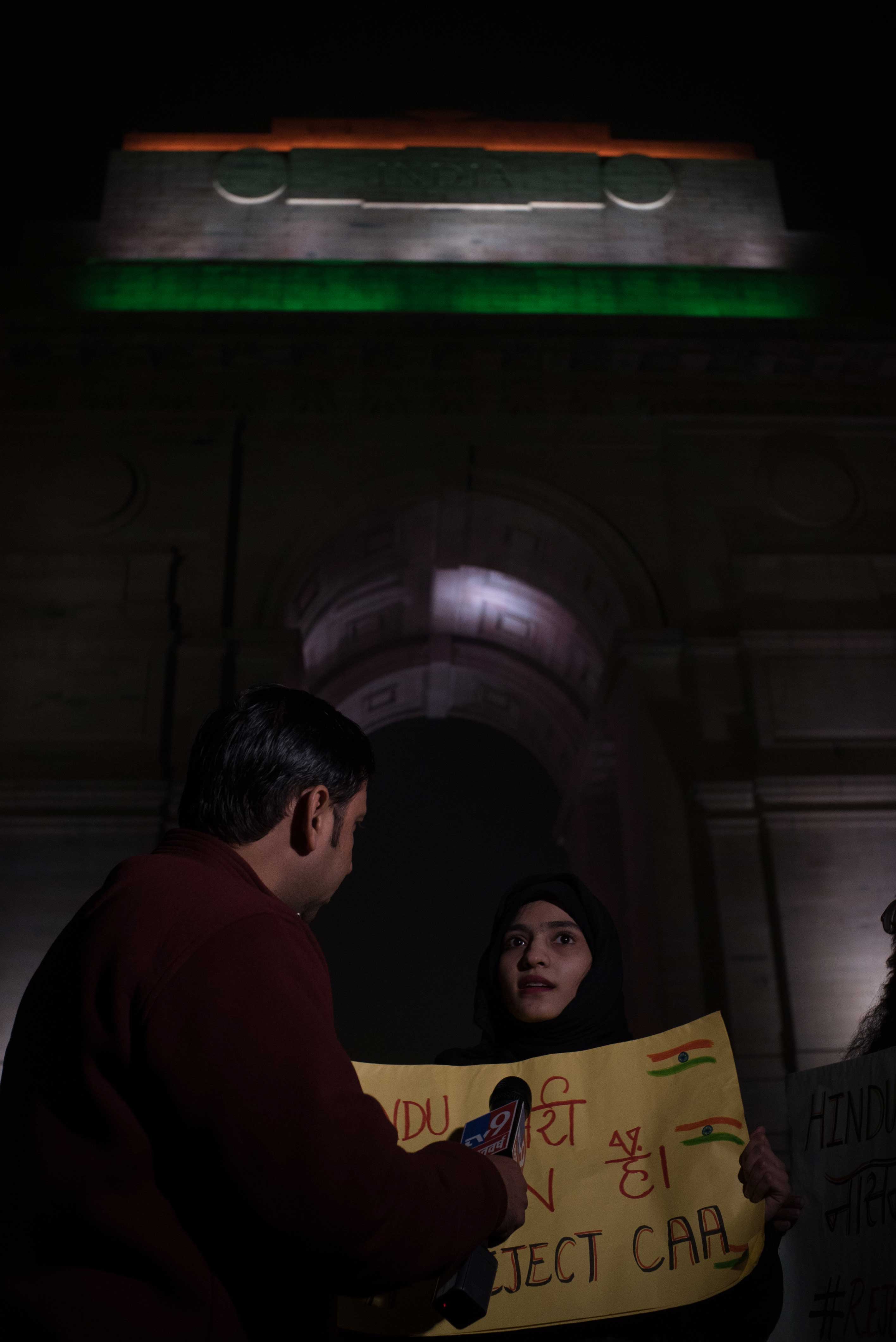


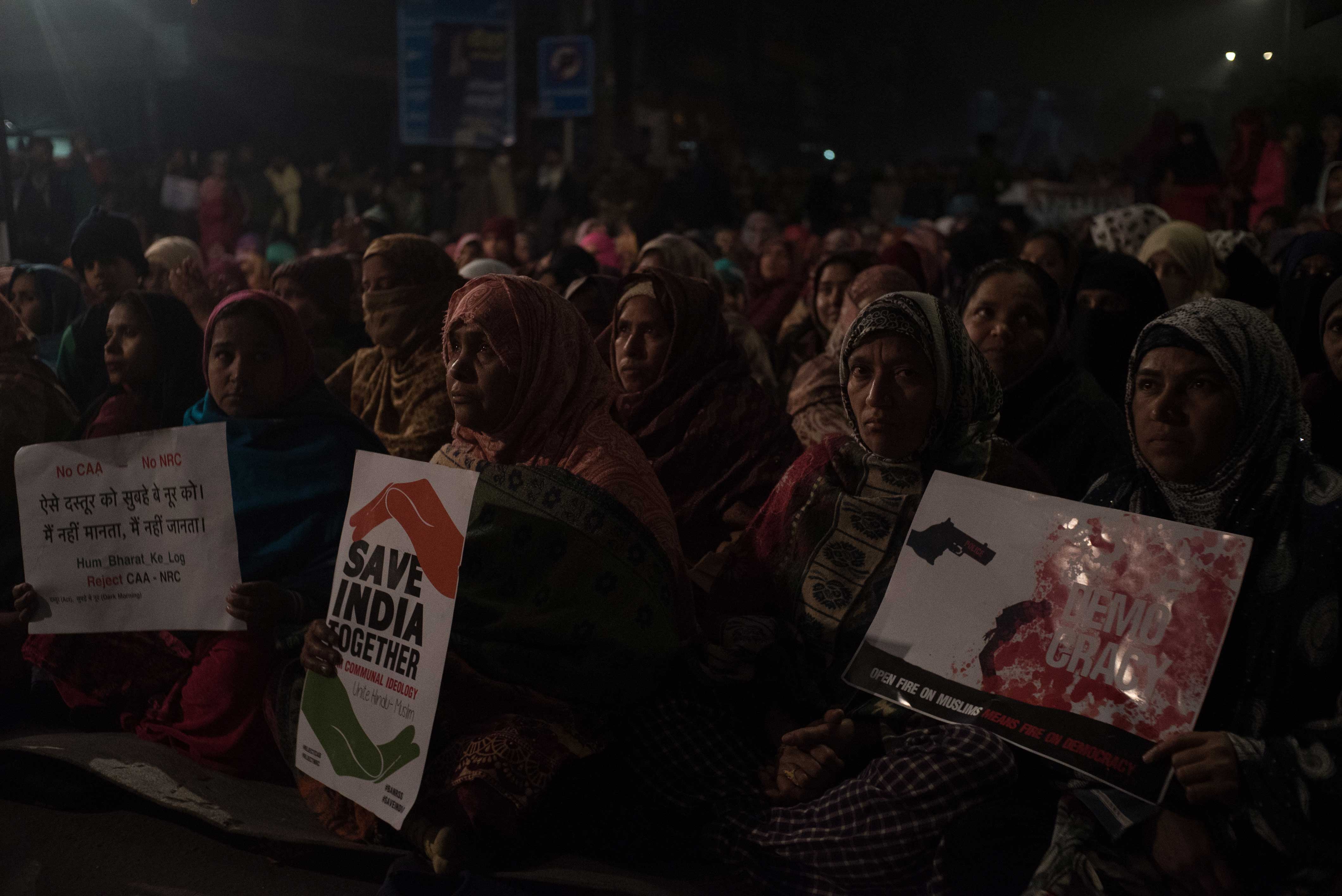
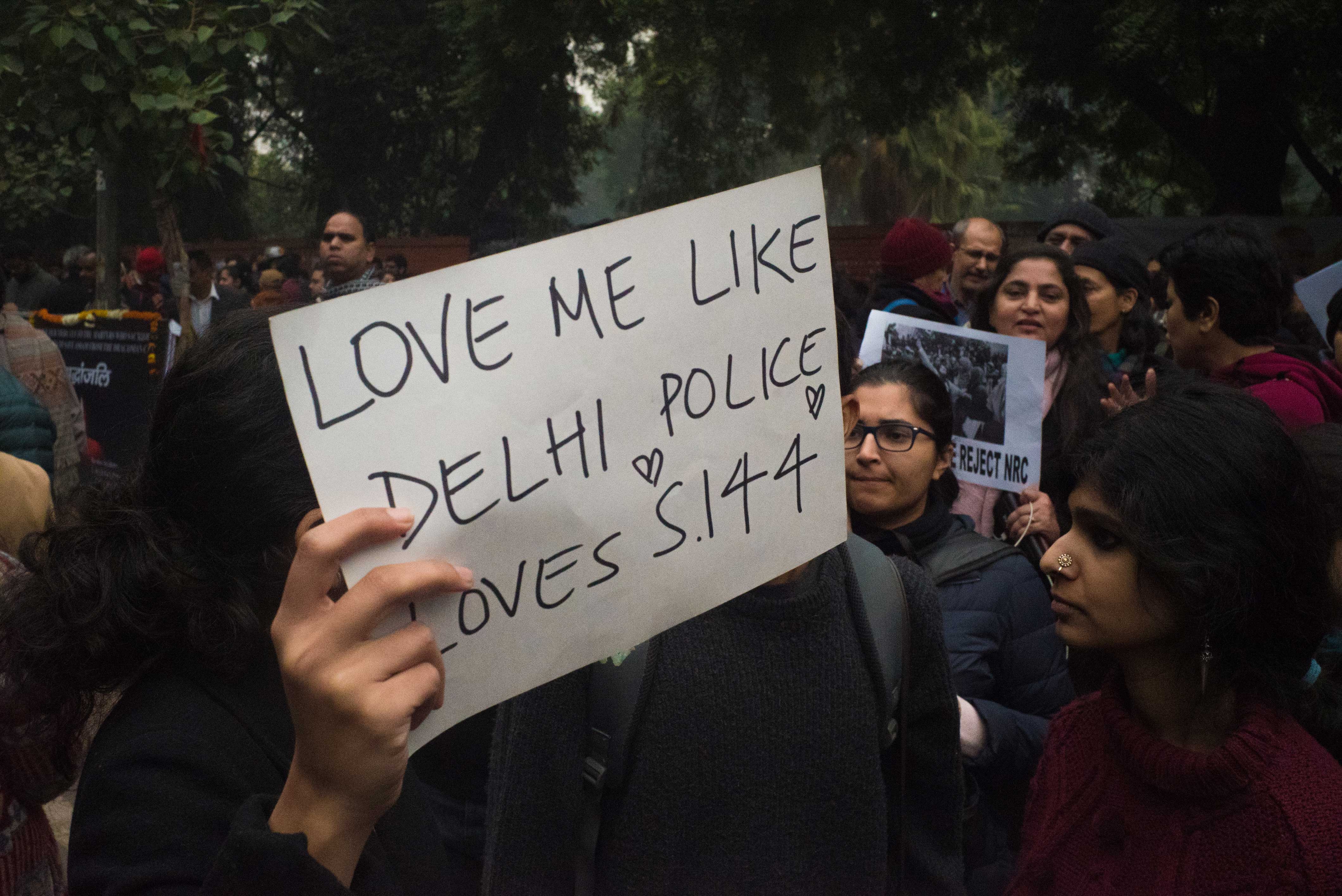
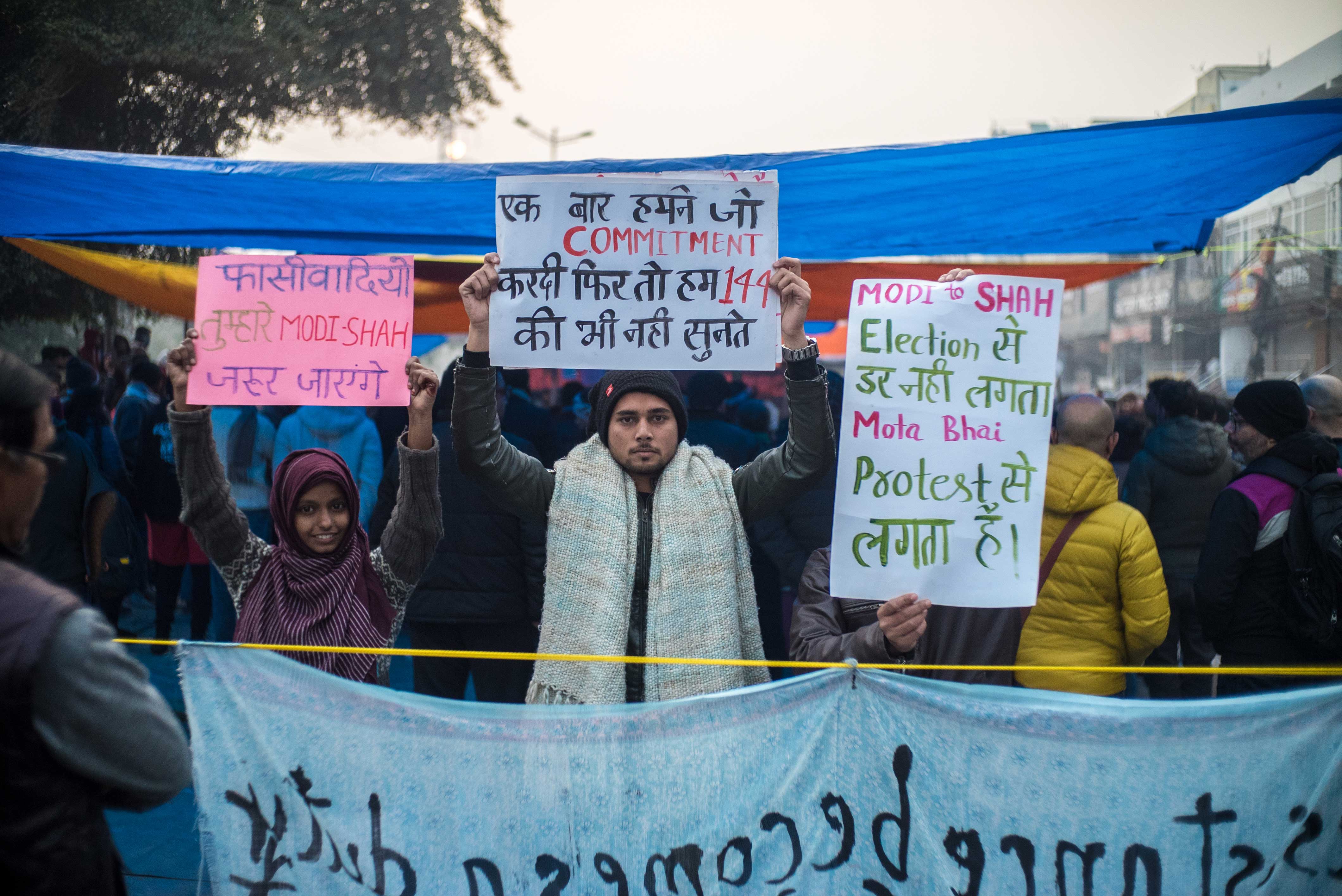
Images from protests / Delhi 2019
Several peaceful protest sites mushroomed across the country, all in the image of Shaheen Bagh - a women-led sit-in protest in a small Muslim-dominated neighborhood in East Delhi, which became a symbol of resistance. I went to several of the protests but wanted to do more for the movement and amplify the message online. The Reject Filter came out of that need. This filter was created in support of the movement and provided three messages to get behind. It also provided three options for posting your story without showing your face, to encourage introverts and people who weren't comfortable showing their face to support the movement more anonymously.
The filter was used + viewed over 200,000 times.
Reject Filter use cases
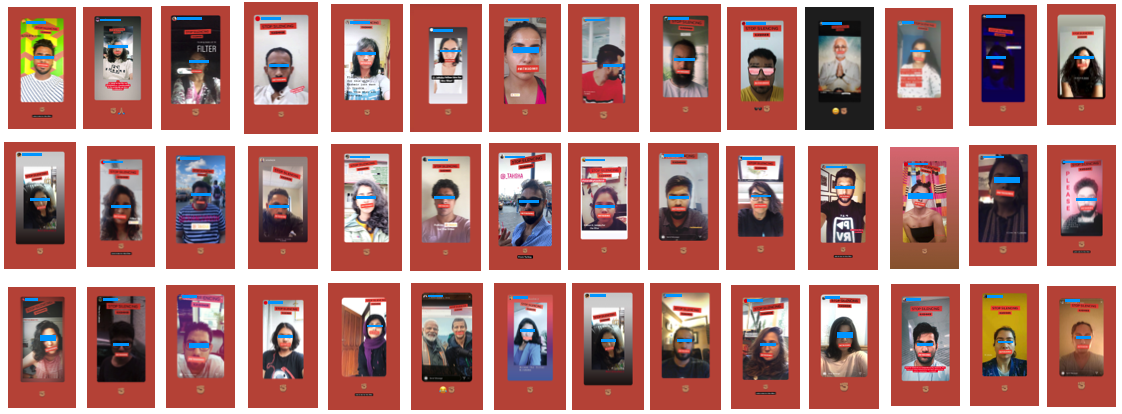
This filter is part of a series of Augmented Reality filters created to explore the use of social media as a tool for activism and amplifying on-ground protest movements digitally. Platforms like Facebook and Instagram have become the new town halls where people share ideas and opinions, offering new digital venues for activism and protest.
By enabling users to publish directly on their profiles, the filters encourage people to take a stand on issues they care about and make their voices heard.
All filters are published and freely accessible on Facebook and Instagram. Despite having my own reservations towards armchair activism, which in itself is problematic, the reach of the platforms and their role in shaping public opinion are undeniable. The filters were an experiment to study this new emerging paradigm of human social behavior towards a positive cause.
All filters are published and freely accessible on Facebook and Instagram. Despite having my own reservations towards armchair activism, which in itself is problematic, the reach of the platforms and their role in shaping public opinion are undeniable. The filters were an experiment to study this new emerging paradigm of human social behavior towards a positive cause.